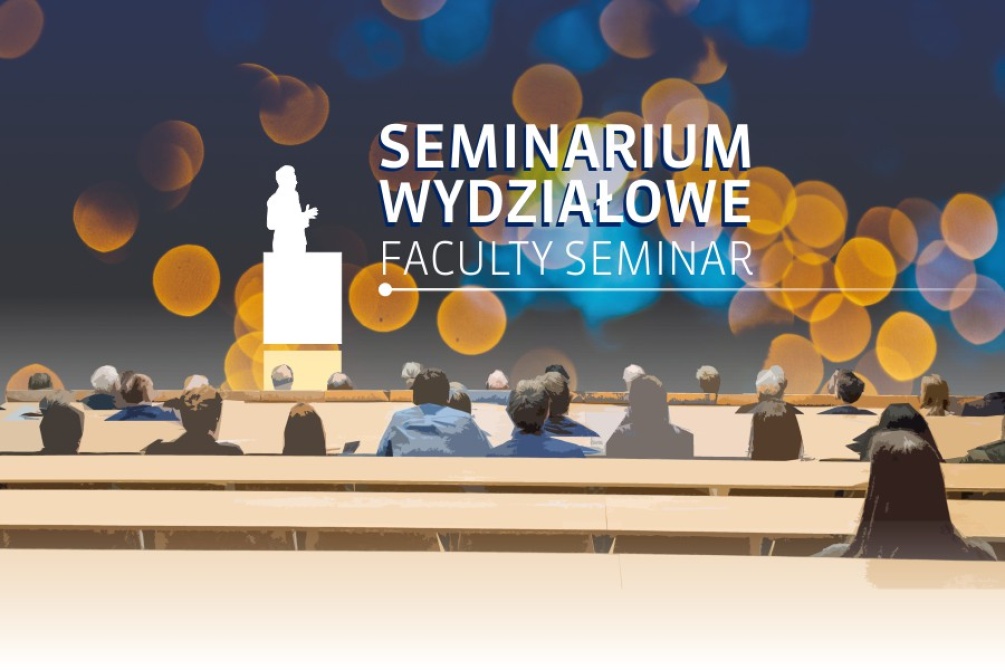Faculty seminar "Chemical Engineering A.D. 2025"

The Faculty of Chemistry at Gdańsk University of Technology cordially invites you to a seminar that will take place on April 24, 2025, at the Faculty of Chemistry, Gdańsk University of Technology, at 12:15 in Auditorium 1.4, Chemistry C Building.
Title: Chemical Engineering A.D. 2025
Speaker: Prof. Tomasz Sosnowski, DSc, Eng., Faculty of Chemical and Process Engineering, Warsaw University of Technology
Abstract:
The aim of the lecture is to present the leading research topics and development directions of Polish chemical engineering in the context of the discipline's current state in Europe. The presentation will be based on data from, among others, the Committee of Chemical and Process Engineering of the Polish Academy of Sciences (PAN) and the European Federation of Chemical Engineering (EFCE). The talk will highlight the prospects for the desirable complementary development of modern technology and chemical engineering.
Biography:
Prof. Tomasz Sosnowski, DSc, Eng., is Chair of the Scientific Council for the Discipline of Chemical Engineering at the Warsaw University of Technology and also serves as Vice-Dean for Science and Development at the Faculty of Chemical and Process Engineering. He is a member of the Council of Scientific Excellence and the Committee of Chemical and Process Engineering of the Polish Academy of Sciences. In 2022, he was elected to the Executive Board of the European Federation of Chemical Engineering (EFCE). Within this federation, he co-founded the scientific section “Chemical Engineering as Applied to Medicine,” which he currently chairs.
His scientific research focuses on the dynamics of dispersed systems, particularly in the context of their medical applications (including inhalation aerosols, micro- and nanostructures used as drug carriers), mass transport phenomena, and the role of interfacial processes in the human body. From 1999 to 2000, he worked at the Lovelace Respiratory Research Institute (Albuquerque, USA), studying aerosol particle formation and flow processes and their impact on health.



